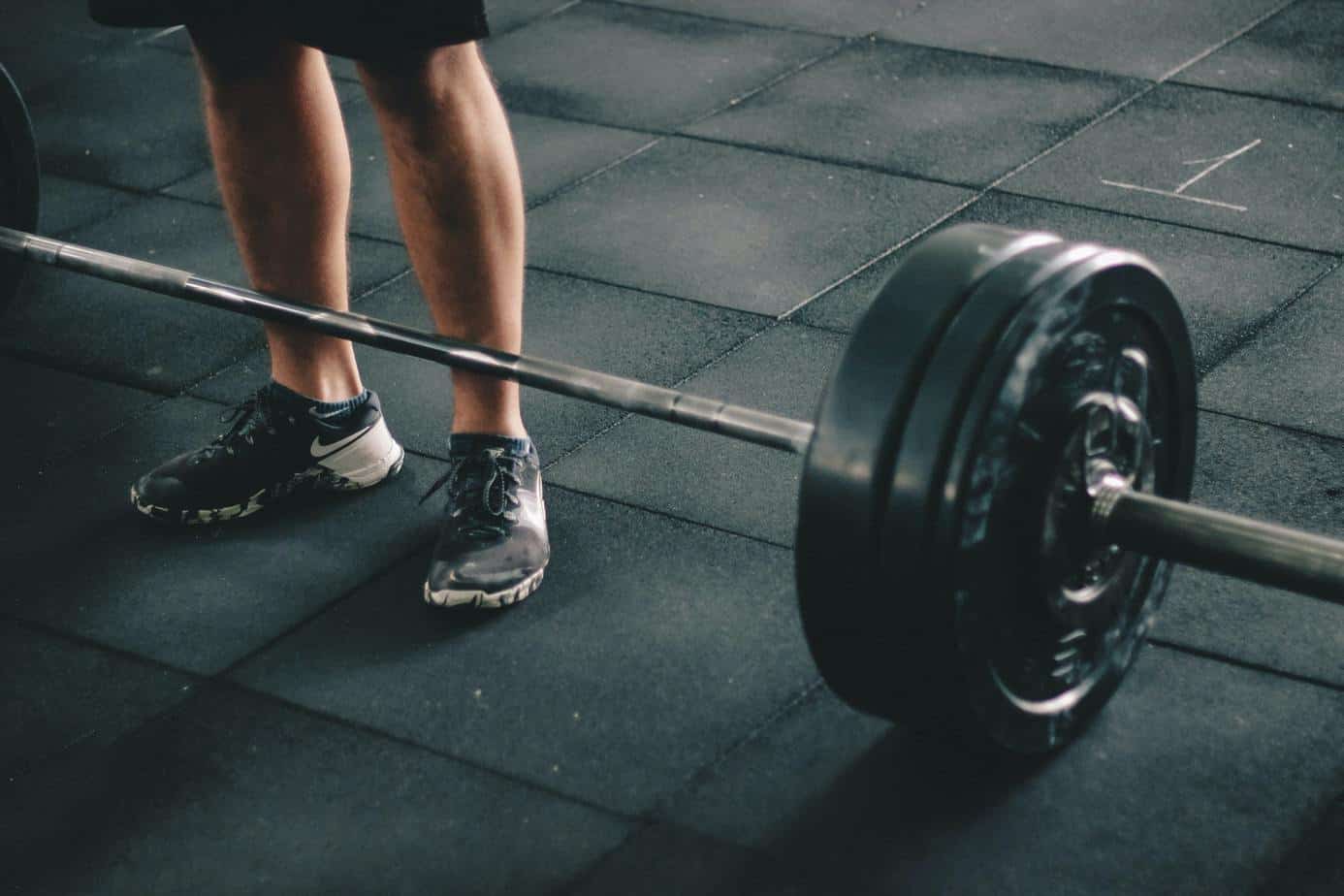Contents
- Background & Objective
- What They Did
- What They Found
- Practical Takeaways
- Reviewer’s Comments
- About the Reviewer
- Comments

Original study
Pereira LA, Freitas TT, Pivetti B, Alcaraz PE, Jeffreys I, Loturco I. Short-Term Detraining Does Not Impair Strength, Speed, and Power Performance in Elite Young Soccer Players. Sports. 2020; 8(11):141.
Background & Objective
While much of the research within the area of sport preparation has focused on the organisation of training, less focus has been placed on what happens after a detraining period. A detraining period is when there is a complete cessation of exercise. In sports such as football, athletes typically have 3-4 weeks of pre-season after a detraining period (i.e. the off-season) that provides limited time to prepare for competition. Determining if a ‘general preparation phase’ is needed at the beginning of pre-season may help coaches and athletes make the most of their limited time.
As such, this study aimed to determine the effects of a 26-day detraining period on strength, speed, and jumping abilities.
What They Did
Twenty-four elite U20 football players (age = 18.7 ± 0.4 yr) performed a countermovement jump (CMJ), 10m sprint, and a 1RM horizontal leg press after their last tournament, and then again after the 26-day detraining period before the start of the pre-season, in addition to measuring body mass.
During the detraining period, players were instructed to perform only light physical activity (walking and jogging).
What They Found
- No significant changes in body mass were seen between assessments.
- A small increase in CMJ was found after the detraining period.
- No significant changes were found for 10 m sprint or 1RM leg press.
Practical Takeaways
- As a small increase in neuromuscular performance (CMJ) and no significant changes in strength or speed were observed, it could be suggested that performing a general preparation phase after a 26-day detraining period may not be necessary for this particular cohort. Extensive and work capacity exercises may be omitted or minimised in favour of more intensive exercise variations. This also helps to prepare for the high-intensity actions of the sport since they are the actions more likely to cause injury. Then, the first couple of matches are used to further develop aerobic capacity.
- Here is how a general week overview could look for a short pre-season after a detraining period:
Speed: Gear change, up to 90-95% intensity (with lower volume), then progress to moderate volume of maximal 20-30m sprints.
Agility: Intensive mirror games with short linear accelerations 5-10m (lower volume), progress to chaos-style larger grid games.
Conditioning: Lower volume anaerobic glycolytic work progressed to higher volume/worst-case scenario.
Gym: Gradually increase the intensity of strength/ power work (e.g. 70-85% 1RM).
Reviewer’s Comments
“It’s difficult to take a lot out of this study as there are a lot of unrevealed factors. For example, how do these ‘season-end’ and ‘after-detraining’ test numbers compare to the rest of the previous season? Further, it is not mentioned what type of training was performed leading into the detraining period.
Something to consider for practitioners though is an older study of mine which suggested that the training which is performed leading into a taper or detraining period (e.g. max strength emphasis or velocity emphasis) will influence which qualities improve as recovery for that specific training quality improves (see HERE).”
Want to learn more?
Then check these out…
Watch this video
Read this article
Read this article
Listen to this podcast


